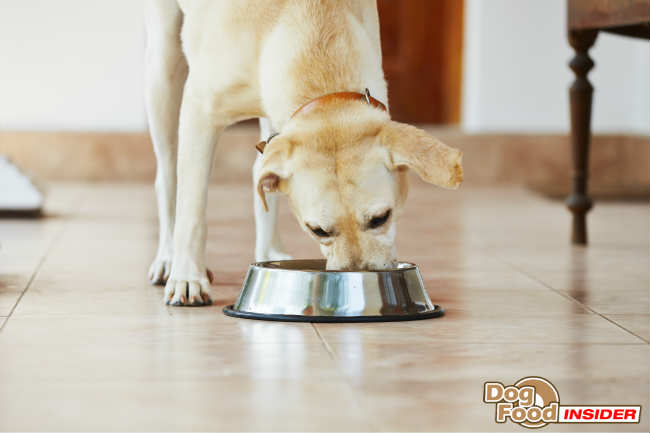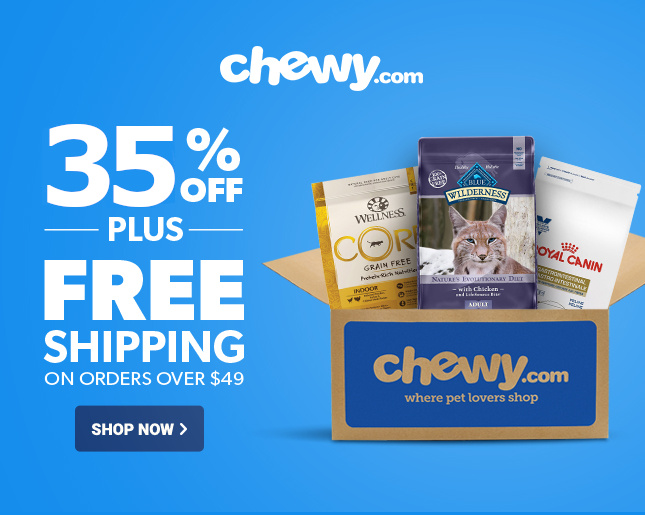
This post may contain affiliate links. We are compensated for referring customers to our affiliate partners.
The best foods for a lactating dog contain plenty of fat, protein, calcium and calories. Mama Dog’s calorie and nutrient requirements are greater while she’s nursing her pups than at any other time of her life, including pregnancy. Luckily, veterinary nutritionists have studied lactating animals’ needs extensively. The best diet for a lactating dog is high-quality dog food, fed free-choice and supplemented with nutritious treats.
Your mama dog needs plenty of protein and calcium while she’s nursing to help prevent eclampsia or milk fever — a potentially fatal condition in which the mother’s body pulls too much calcium away from the nervous system in order to supply it to her pups. She also needs a constant supply of clean water.
When Labor Is Imminent
An expectant mother dog will usually stop eating when labor is imminent. Her first meal after giving birth will be the placentas and membranes from around her pups. This may cause mama to have some loose stools, but she isn’t sick. She needs the nutritional boost provided by this recycling project, and it helps get milk production off to a good start.
After Birth
Mama should be eagerly eating dog food again within 24 hours after giving birth. Lactating dogs need 2 to 3 times the calories of non-lactating dogs. Most mother dogs will increase their food intake on their own until it peaks around the puppies’ third week of life. You and your veterinarian will then reduce it gradually back to maintenance level as the puppies wean at around 6 to 8 weeks old. According to the National Academies of Science, a 33-pound mother with 6 pups has a daily nutrient requirement of 158 grams of crude protein and 67 grams of fat. Specific amounts will vary by size, breed and number of puppies in the litter.
Dry Dog Food For A Nursing Dog
The basis of your nursing dog’s diet should be high quality dry dog food. The food must have an AAFCO (American Association of Feed Control Officials) label that states “for growth and reproduction” or “for all life stages.” These foods are tested to ensure that they meet the requirements of pregnant and lactating dogs, as well as those of growing puppies. Puppy foods are also appropriate for nursing mothers. Free feed your mama dog, keeping fresh kibble available to her at all times. Don’t worry about overfeeding a lactating dog.
Canned food may be fed in addition to high quality dry dog food. Too much, however, is implicated in diarrhea and dental problems. Most canned dog foods state the amount to feed per pound of body weight on the label. A good rule of thumb to nutritionally support nursing mothers while preventing digestive upset is to feed two to three times the amount recommended for your doggy’s non-pregnant, non-nursing body weight. Remember, canned food isn’t necessary for a balanced diet, and it’s not a replacement for high quality kibble.
Homemade Diets For A Nursing Dog
Homemade diets are not recommended for lactating dogs by the ASPCA or most veterinarians because nursing mamas have very specific, high nutrient requirements, which AAFCO-tested growth-and-reproduction commercial foods are guaranteed to meet. While attractive to human sensibilities, homemade pet diets are very rarely balanced and typically do not meet nutritional needs, even for non-lactating animals. Lactation is too delicate a time to experiment with your pet’s health. If you’re determined to feed your new mama home-cooked meals, consult your veterinarian or veterinary nutritionist to work out a personalized diet that will meet her very substantial needs, and those of her puppies.
Human Food For A Nursing Dog
When it comes to occasional human food, these treats served in moderation won’t unbalance your nursing dog’s diet for 2 reasons: her calorie and nutrient requirements are high enough to include additional food, provided it’s high in nutrients; and because nutrient requirements are based on the dry weight of the total diet. Since the dry weight of human food treats is usually low, moderate amounts won’t compete with the nutrient balance of your pet’s normal diet. Rather, they can contribute to milk-making and provide your mama dog with a tasty break from routine. Approved nutrient-dense human foods include cottage cheese and yogurt, cooked chicken, oatmeal, green beans, pumpkin and carrots, peanut butter, salmon and eggs — all of which tend to be canine favorites.
References:
